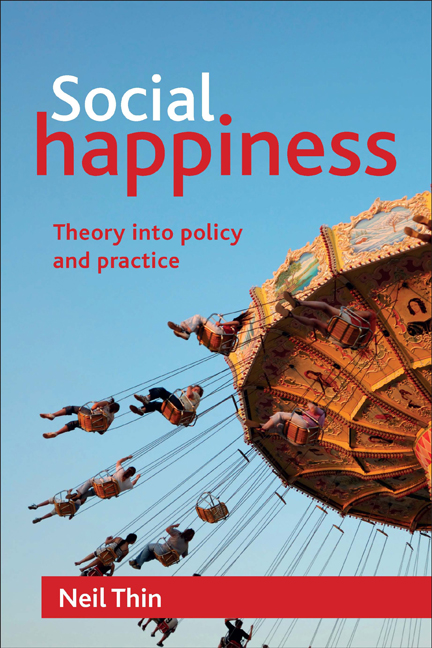eleven - Positive parenting and cheerful childlessness
Published online by Cambridge University Press: 01 September 2022
Summary
The soul of a nation is defined by the treatment of its children. (Nelson Mandela)
My father, who had derived such happiness from his childhood, found in me the companion with whom he could return there … When I was three he was three. When I was six he was six…. He needed me to escape from being fifty. (Christopher Milne, The enchanted places)
Family pathology and the ‘crisis’ in parenting
The happy childhood is one of the bolder promises of modernity – the aspirational belief that we may at last have found the ability to offer most of the world's children an extended period of safety and enjoyment. This is not to assume, smugly, that childhood in the past was entirely unhappy, but for most of humanity's existence parents haven't been able to expect that their children would survive the very short childhood that was on offer, let alone get through it without some extreme suffering. Not only couldn't they assume the safety and happiness of their children, but parents in the past also had to see children as means (labourers, fighters) rather than as ends in themselves. Yet, among the factors blamed for unhappiness in modernity, dysfunctional families and inept parenting are the most common. You don't need to browse long in the literatures on children's rights, family policies, the sociology of parenting, and the cultural history of childhood before one theme appears to recur just about everywhere: a ubiquitous ambivalence towards the goodness or badness of both children and childhood. Though today idealised in many cultures as a phase full of carefree joys, childhood is just as often portrayed as a time of horrors and vulnerability.
There is today a widespread belief that in rich countries childhood and family life are in crisis, and that this is one factor in dissuading people from becoming parents. There are, fortunately, many scholars who question this dogma (Scraton, 1997; Coster, 2007), but there are many state and private business organisations who rely on maintaining public belief in the prevalence of family breakdown and fear of child pathologies.
- Type
- Chapter
- Information
- Social HappinessTheory into Policy and Practice, pp. 149 - 164Publisher: Bristol University PressPrint publication year: 2012

